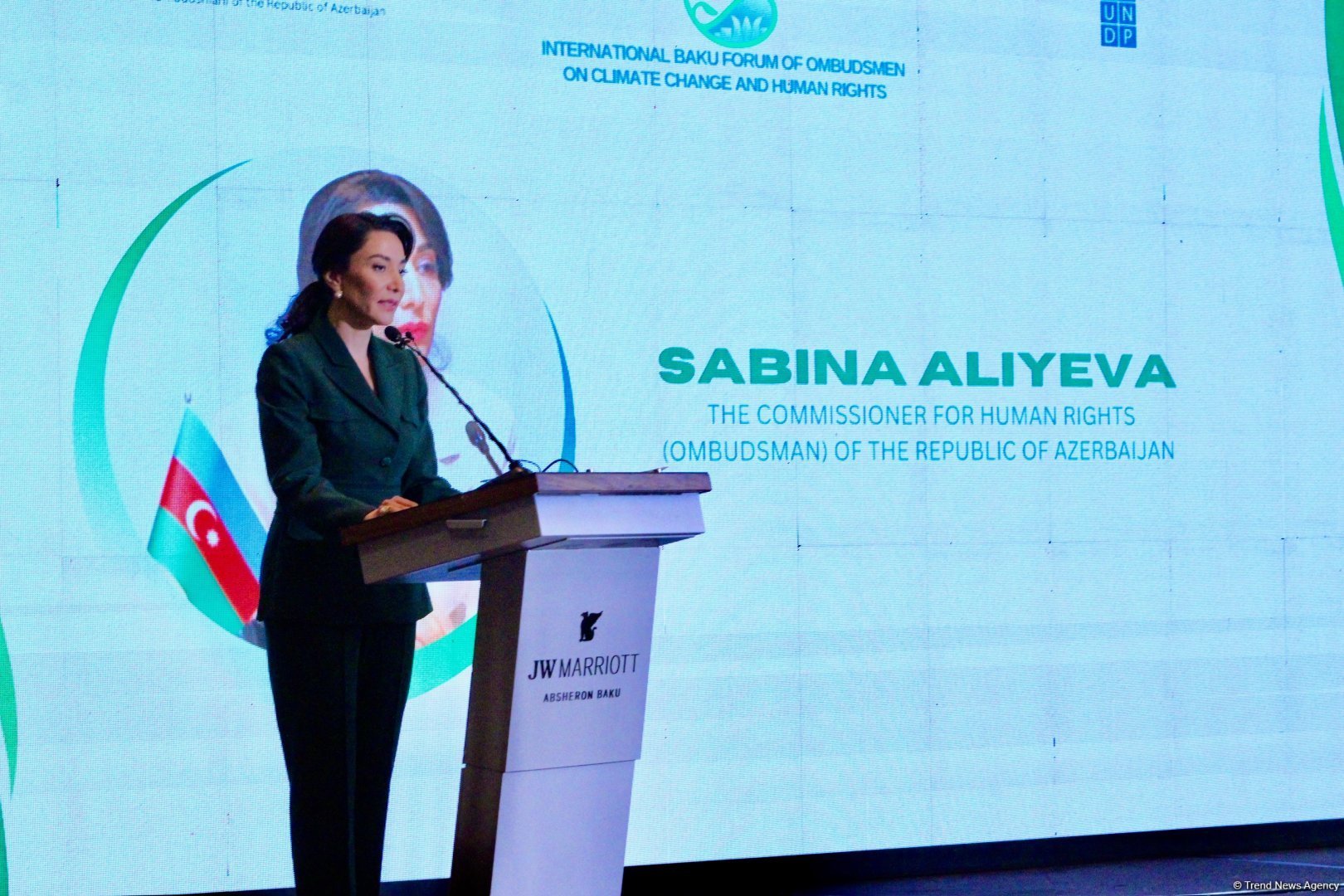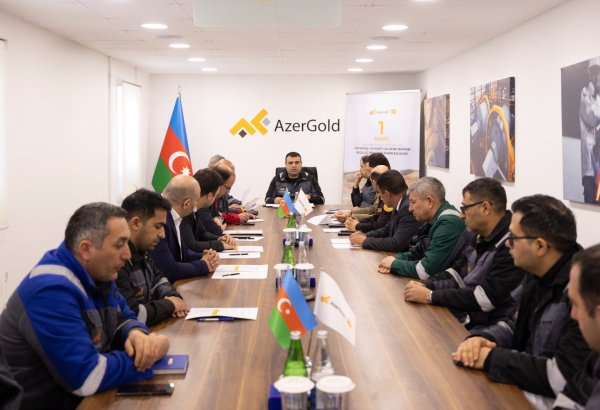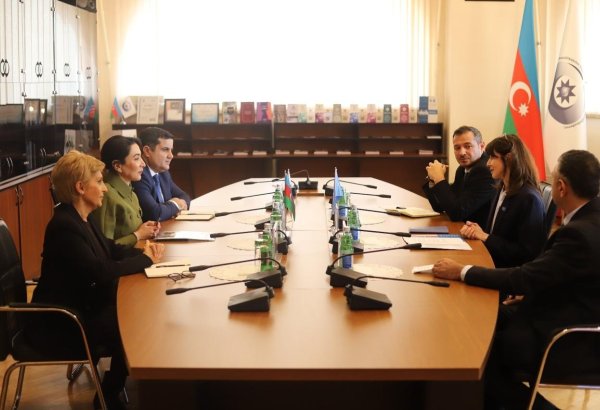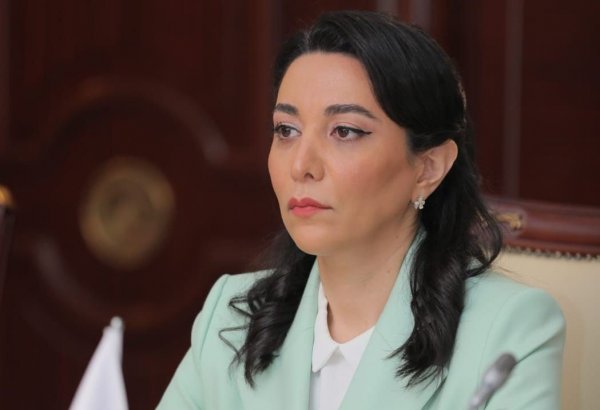BAKU, Azerbaijan, October 2. Armenia committed ecocide against Azerbaijan during the occupation, the Commissioner for Human Rights (Ombudsperson) of Azerbaijan Sabina Aliyeva said at the International Baku Forum of Ombudsmen today, TurkicWorld reports.
"As a result of the military aggression of Armenia over a period of almost 30 years, serious damage was caused to the environment and biological diversity on our ancestral lands that were under occupation, and ecocide, considered an international crime, was committed against Azerbaijan," she explained.
She highlighted that during the occupation of the Karabakh region, various rare species of plants and animals perished, and the cessation of the self-regulation process in rivers and lakes turned the water bodies into a harmful dead zone for all living things.
"The fact that the transboundary Okhchuchay river was heavily polluted for many years by harmful substances from Armenia has also negatively affected the quality of water resources in the South Caucasus' second-largest river, the Araz river, which now poses an extremely serious threat to the lives and health of the population.
At the same time, Armenia's Metsamor nuclear power plant, a potential hazard not only for Azerbaijan and Armenia but for the entire region, continues to operate despite being technically and morally outdated and severely polluting the environment.
I have repeatedly appealed to relevant international organizations, drawing the world's attention to this issue and demanding the safe cessation and complete shutdown of the Metsamor nuclear power plant to prevent another nuclear disaster similar to Chernobyl or Fukushima, as well as the urgent implementation of measures to bring the radioactive waste under international control," Aliyeva added.
To note, the International Baku Forum of Ombudsmen on Climate Change and Human Rights has officially kicked off today.
The forum seeks to address issues related to global climate change and examine solutions from a human rights perspective, while also sharing positive experiences in this area.
Panel sessions will cover various topics, including "Strategies to support national human rights institutions and ombudsmen in climate change initiatives," "Public access to information on climate change and its impacts," "Multilateral cooperation in combating climate change," "The climate change connection with explosive remnants of war and mine contamination" and "Promoting business accountability in the context of climate change".






















